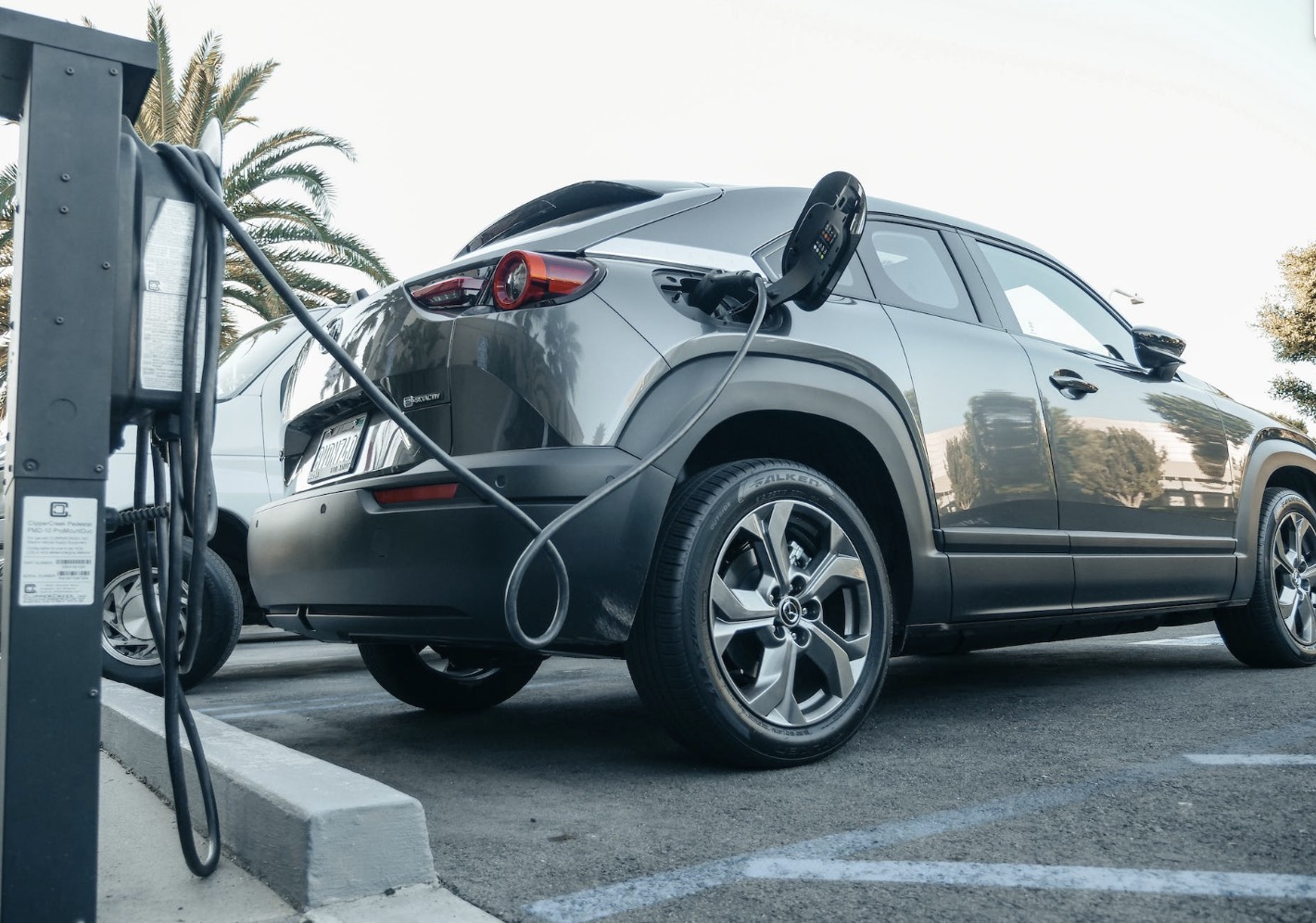The EV industry is currently valued at over $250 billion and there are over 10 million EVs on the road worldwide. What was once the domain of brands like TESLA has officially extended to the high-end sector, with brands like Mercedes-Benz, Jaguar, and Porsche all jumping on the EV bandwagon. EV seems the logical choice as the world finds itself in a high-speed chase to halt global warming. If you are thinking of replacing your fuel-powered car with an EV, is now the right time, or should you wait?
Reader's Roadmap
What Brand Are You After?
Start out by making a shortlist of EV brands you’re interested in. Depending upon what’s on your list, it may be worth signing the dotted line now rather than later. This year, for instance, Tesla made significant price cuts across its EV range, meaning that orders are up for models such as the Mode 3 and Y (its more affordable vehicles). The only other brand to follow suit in the US was Ford, which exercised interesting price cuts on its Mustang Mach-E. It is more difficult to find attractive discounts in the US than it is in a country like China, for instance, because these markets simply aren’t on the same level. As demand rises and brands seek to become competitive, more brands will undoubtedly be lowering their prices. In China, one of the top markets for EV sales, companies like Nissan, Toyota, Xpeng, and BYD are averaging price cuts of between $1,000 and almost $6,000.
Charging Convenience
There are many misunderstandings about EVs that are leading some buyers to postpone their EV purchases. These include the myths that charging one’s car at home costs too much, and that it is difficult to find charging stations. Regarding the latter, the Environmental Protection Agency reports that (EPA) there are nearly 50,000 public EV charging stations in the United States. Moreover, charging the average EV will cost you less than half what fuel prices cost. The EPA states that the cost to drive 25 miles in a 2022 Toyota Prius is $2.3, compared to the 91 cents it costs to charge a Chevrolet Bolt EV. Therefore, if you are tired of paying too much for gas, switching to an EV will allow you to make savings from the very first day.
Range and Battery Technology
Another worry that may have led buyers to wait until a better time to purchase an EV is the durability of EV batteries. Transport specialist, Carlton Reid, reports that although most manufacturers offer battery warranties of seven or eight years or around 100,000 miles of driving, EV batteries actually last longer—to the point they are expected to outlive the cars themselves. Moreover, new technology is constantly being developed. Manufacturers are currently excited about lithium-sulfur batteries, which have the potential to dramatically increase battery life and avoid corrosion.
Now is certainly an optimal time to purchase an EV. Buyers are advised to check out deals from top brands like Tesla and Ford. As far as range and battery life goes, EVs have proven to be cost-convenient as well as long-lasting, leaving next to no reasons to continue driving fuel-powered vehicles.







Leave a Reply
View Comments